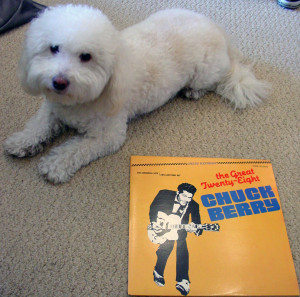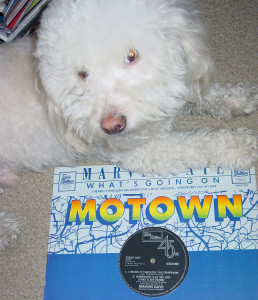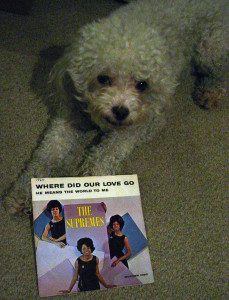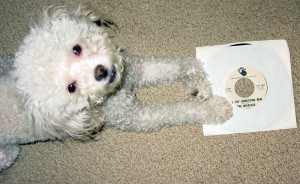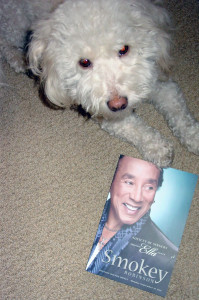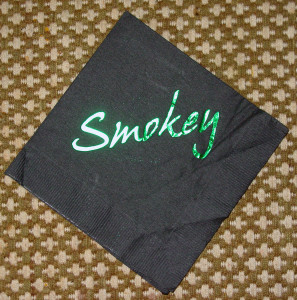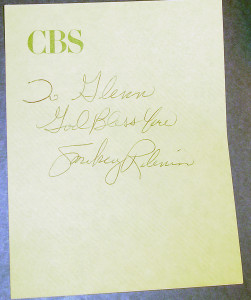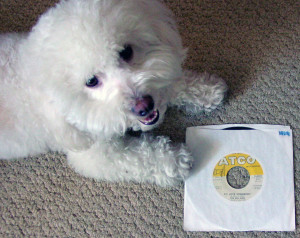
Ten facts about Barry Gibb:
• As a member of the Bee Gees and as a producer and writer, Barry contributed to more than half of the songs on the soundtrack to the film Saturday Night Fever. That album went on to sell 40 million copies and was the all-time best-selling album until it was outsold by Michael Jackson’s Thriller.
• The Bee Gees are the only group to have six consecutive singles go to #1, all of which were also written and produced by them – “How Deep is Your Love,” “Stayin’ Alive,” “Night Fever,” “Too Much Heaven,” “Tragedy” and “Love You Inside Out.”
• For twenty-seven of the thirty-seven weeks from December 24, 1977 through September 2, 1978, the #1 singles in the US featured Barry Gibb as a writer. The songs were the Bee Gees’ “How Deep Is Your Love,” “Stayin’ Alive” and “Night Fever,” Andy Gibb’s “(Love Is) Thicker Than Water” and “Shadow Dancing,” Yvonne Elliman’s “If I Can’t Have You” and Frankie Valli’s “Grease.”
• Barry Gibb wrote “Grease” without his brothers. It was Frankie Valli’s only #1 single not co-written by Bob Gaudio or Bob Crewe. At the time Gibb approached Valli about recording the tune, Valli didn’t have a record deal. It was Valli’s last top 40 single.
• For three weeks beginning March 18, 1978, Barry was the lead singer, co-producer or co-writer of four of the US’ top five singles – “Night Fever,” “Stayin’ Alive,” “(Love Is) Thicker Than Water” and Samantha Sang’s “Emotion.”
• Barry and Robin Gibb wrote “Emotion” for the film Saturday Night Fever. It wasn’t used in the pic; however, it was used in the Joan Collins film The Stud the following year.
• Gibb was a co-producer and co-writer of the Kenny Rogers/Dolly Parton duet “Islands in the Stream.” The record was a #1 country and pop hit, the last song to top both of those charts for 17 years. Barry Gibb said the song was written for Marvin Gaye to record.
• Dionne Warwick did not care for “Heartbreaker,” written by the Bee Gees, but she recorded it anyway, as she trusted the brothers’ judgment that it would be a hit. It sailed into the top ten in 1983, her first single to do so in four years.
• The Bee Gees-penned “Chain Reaction” was one of two #1 solo singles for Diana Ross in the UK, the other being “I’m Still Waiting.” Neither are amongst her 27 post-Supremes top 40 hits in the US.
• As a songwriter Gibb has had No. 1 songs in the 1960s, 1970s, 1980s, 1990s and 2000s.
Today Barry Gibb turns 68. Here are twenty songs he sang and/or wrote and/or produced.
Click here to like Tunes du Jour on Facebook!
